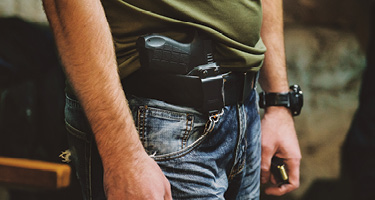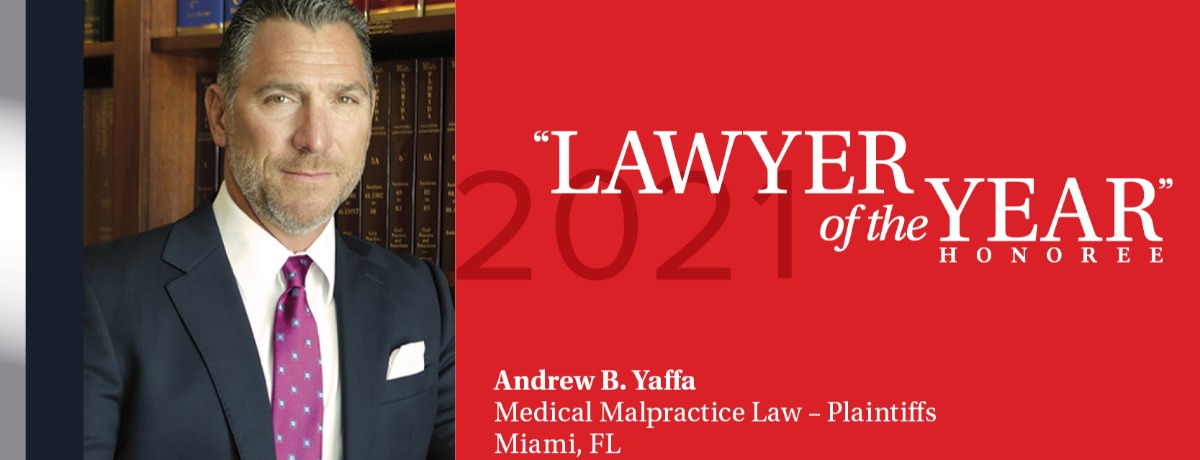In 2018, the Florida legislature and then-Governor Rick Scott approved a state law that raised the minimum age to purchase rifles and other long guns, including shotguns, from 16 to 21. The new law followed the mass shooting that killed 17 people at Marjory Stoneman Douglas High School in Parkland, Florida, on Feb. 14, 2018.
The National Rifle Associate (NRA) challenged this law soon after it was passed, arguing that the age restriction is a violation of the Second Amendment. The case proceeded to move slowly, and on Jan. 21, 2020, lawyers for Attorney General Ashley Moody filed a motion for the Chief U.S. District Judge Mark Walker to dismiss this case. Walker, however, denied that request. He then clarified that he was ruling that the case should be allowed to move forward and that he was not ruling on the NRA’s challenge.
The law will likely be upheld. The Second Amendment does not prohibit states from reasonably regulating the purchase of firearms.
Legal teams for both the NRA and Moody filed a joint motion asking Walker to allow them to bypass mediation due to the fact that the two sides’ positions “are not reconcilable and no middle ground exists between them,” according to the joint motion. The case is scheduled to go to trial in January.
We talked to two Best Lawyers-recognized attorneys, one a sitting member of the State House, representing Northeast Miami-Dade and Southeast Broward.
Joseph S. Geller
Partner at Greenspoon Marder, LLP
Florida State Representative, District 100
Recognized for Administrative / Regulatory Law Since the 27th Edition
What is your opinion on the 2018 state law that raised from 18 to 21 the minimum age to purchase rifles and long guns in Florida?
As a member of the Legislature, I voted in favor of the bill in 2018. I think we have the right to pass reasonable regulations relating to guns. For example, fully automatic weapons, like machine guns, cannot be privately owned (in most circumstances) or carried, and the same goes for howitzers. The 2018 law, while not perfect (the provision about arming school personnel was especially odious), had other good provisions, especially “red flag” protections.
What were the effects of this state law in general?
The 2018 law helped to better fund mental-health outreach, protect people through “red flag” injunctions, ban bump stocks, and otherwise provide some rationality to firearm legislation, along with the provision raising the age to buy long guns. It was a good first step, but much more needs to be done, like closing the gun-show loophole.
How do you think this upcoming trial will play out?
I think the law will be upheld. It was a reasonable effort to pass modest reforms with strong bipartisan support. Those of my Democratic colleagues who did not support the bill did so because they thought it was not strong enough, Although I agreed, I did not want us again to do nothing. We have certain rights as a society to protect ourselves, and individual rights must be balanced against that.
What is the potential impact of this trial?
I think the trial will demonstrate that individual rights are not always absolute, just as freedom of speech does not include the right to shout “fire” in a crowded theater. In a sense, your rights may end where my rights begin, although most human wants and desires do not rise to the level of constitutional rights.
A state appeals court also is expected to weigh a challenge by cities and counties to a 2011 state law that threatens stiff penalties—including fines and potential removal from office—if local elected officials approve gun regulations. What is your opinion on this?
I strongly oppose the 2011 law, passed before I got to the Legislature, that forbids local gun regulations and imposes penalties on local officials who support such regulation. While there are occasions where uniformity of regulation is necessary, such as ride-share legislation, I think there is a role for differing local regulations on issues relating to guns, based on factors such as the urban or rural nature of communities.
A Leon County circuit judge found the law unconstitutional, spurring lawyers for Gov. Ron DeSantis and Attorney General Ashley Moody to go to the Tallahassee-based 1st District Court of Appeal. What do you think will happen?
Although I would like to see the law overturned and the circuit judge’s decision upheld, it is not clear whether that will happen. The First District Court of Appeal is difficult to predict. It would have been better if the Governor and Attorney General had accepted the lower-court decision and chosen not to appeal it.
What is the future of gun legislation?
We cannot continue to suffer the carnage of firearm violence without abatement. Too many innocent people, especially our children, are being victimized. We must continue to build on the foundation of the 2018 Marjory Stoneman Douglas law to take further steps, like closing the gun-show loophole and banning assault weapons (which was already law in America for 10 years), in order to protect society from itself.
Douglas M. Halsey
Douglas M. Halsey, P.A.
Recognized for Administrative / Regulatory Law Since the 25th Edition
How has this state law impacted Florida?
Since the law was passed, it is somewhat more difficult for an individual under 21 to have a firearm. It is possible that there may be some reduction in firearm crimes committed by individuals under age 21.
What do you predict will happen to the 2018 state law in the upcoming trial?
The law will likely be upheld. The Second Amendment does not prohibit states from reasonably regulating the purchase of firearms.
What actions do you think the NRA will take following the trial?
At some point, the NRA may stop challenging state laws that reasonably regulate but do not prohibit ownership of firearms.
What is your take on the appeal by lawyers for Gov. Ron DeSantis and Attorney General Ashley Moody?
The issue on appeal does not have Second Amendment implications. Instead, it is purely a question of the state’s authority to preempt local government on a subject on which a local government would ordinarily have considerable discretion and then make those local governments criminally liable if they don’t acquiesce to the state government’s overreach.























